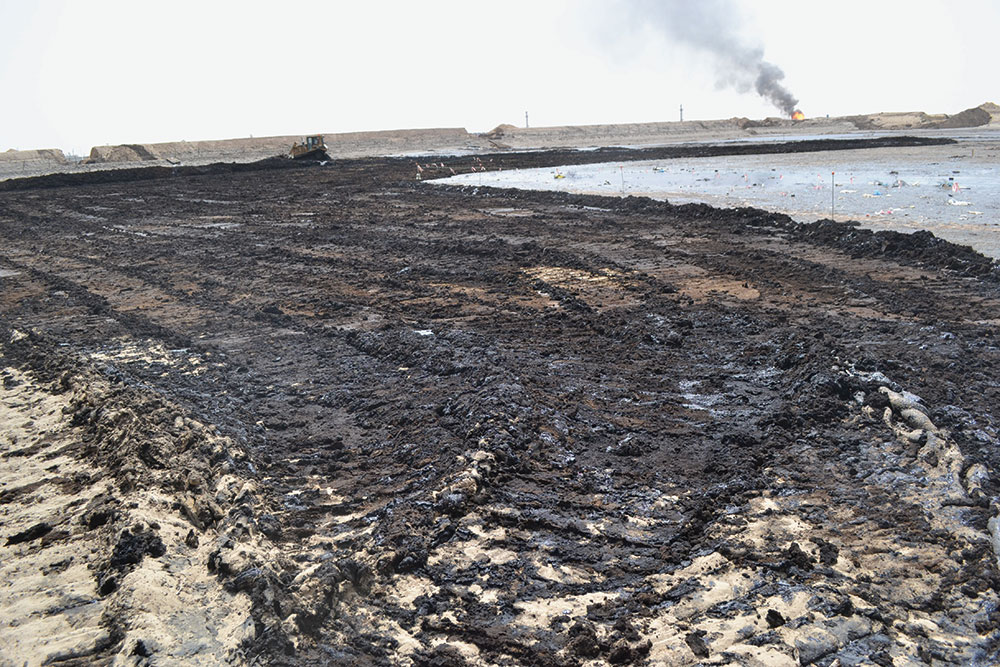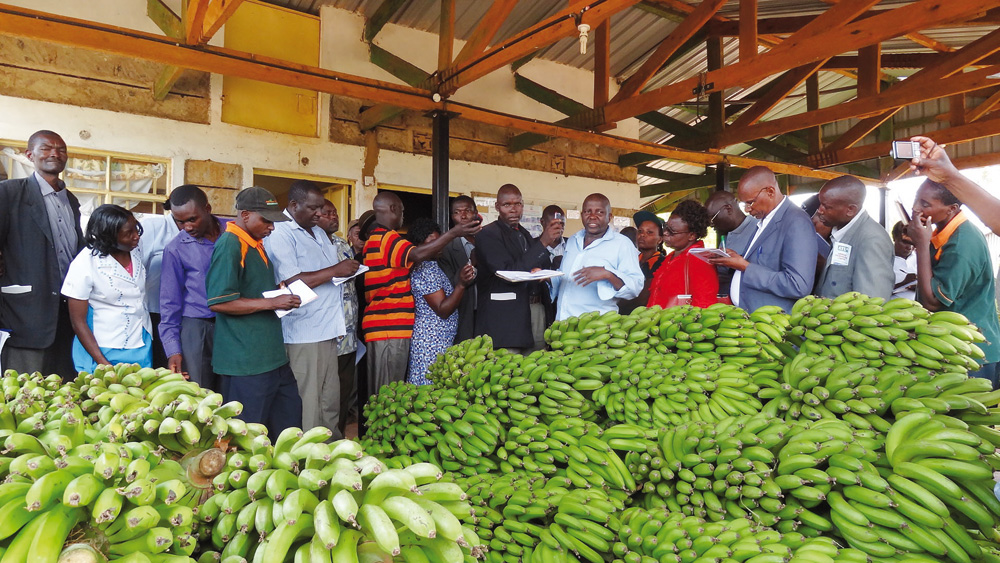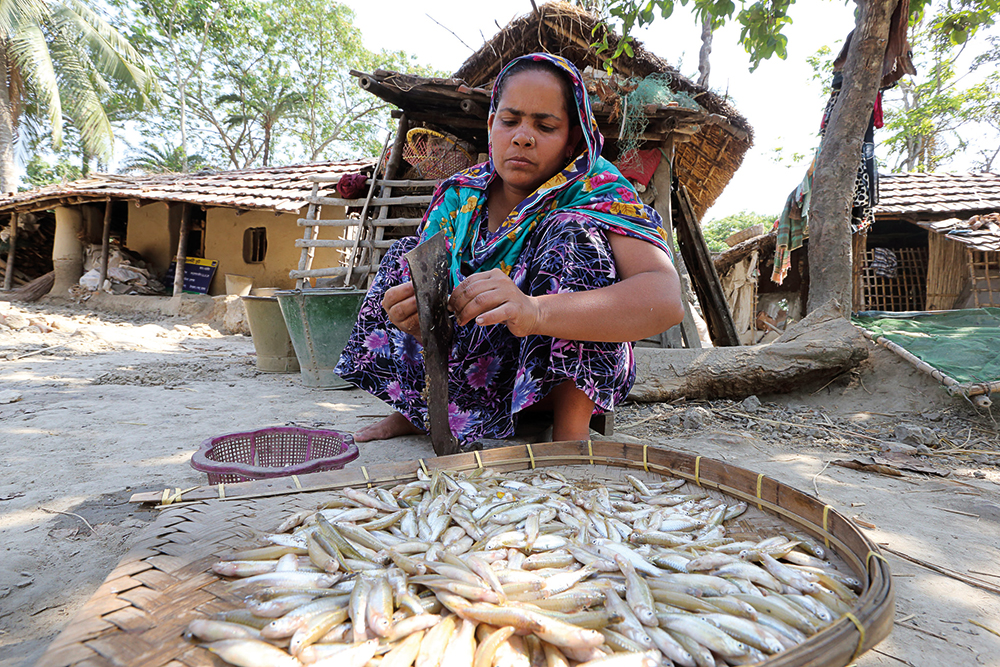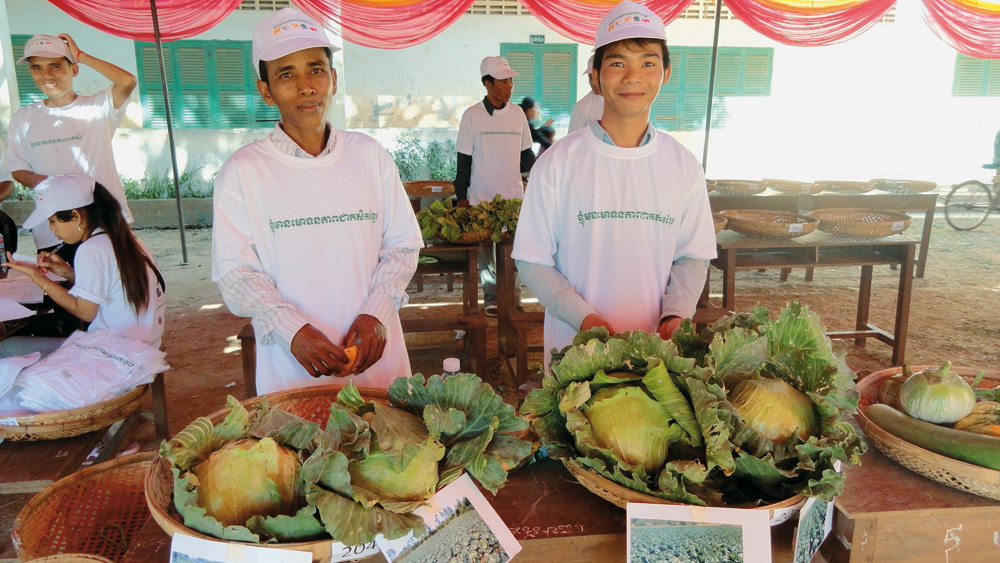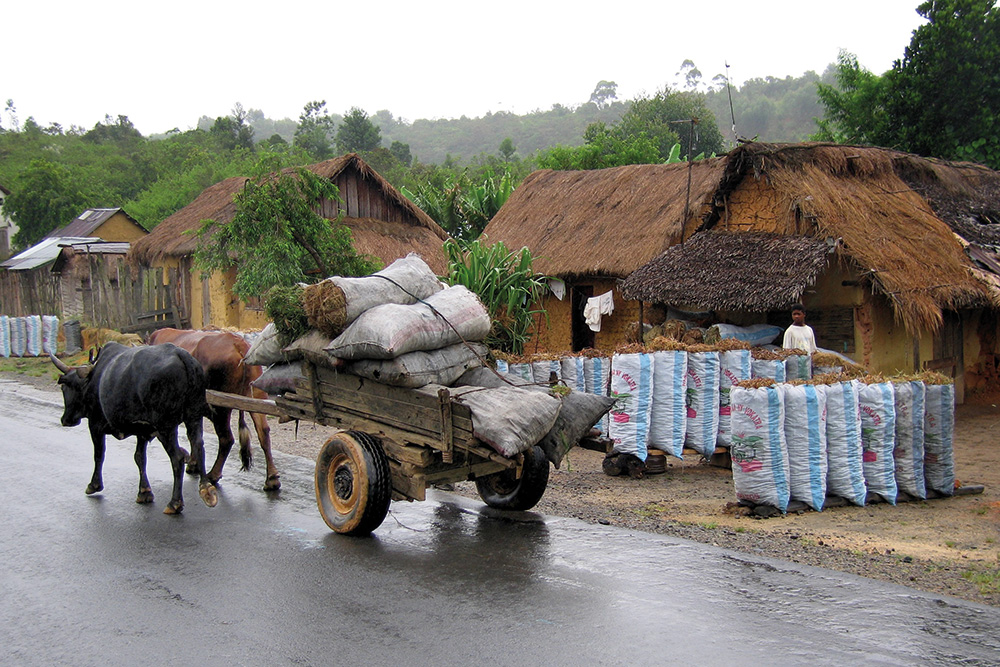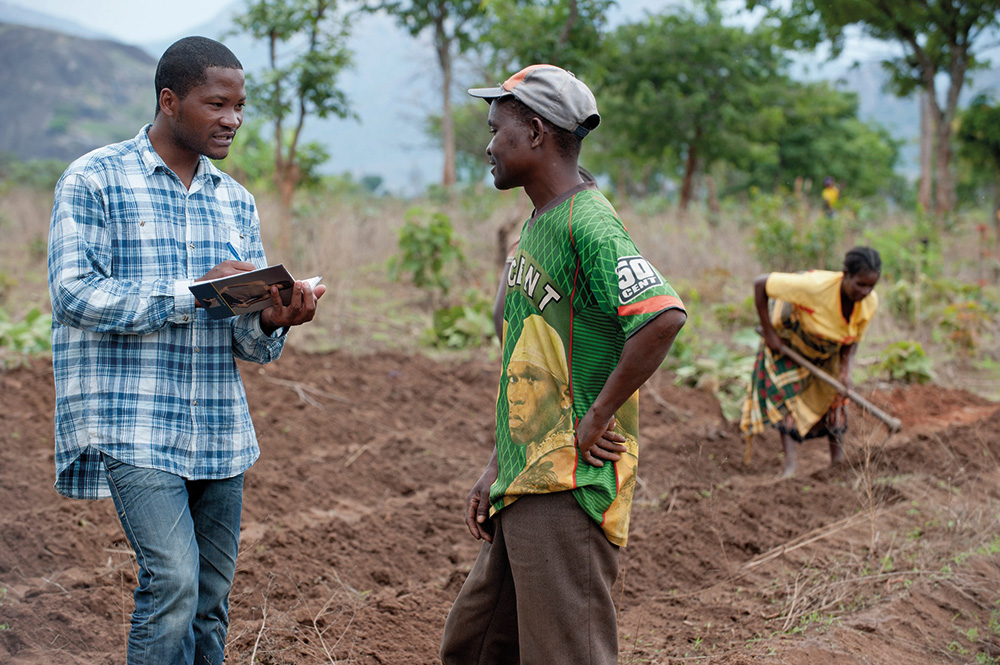Pasture management in Central Asia – regional learning for reform
The former Soviet Central Asian republics have undergone de-intensification of their livestock sectors, resulting in an increased reliance on natural pastures. Property rights systems are key to the sustainable management of this resource. However, as the authors demonstrate, it is not easy to implement the respective reform processes.



